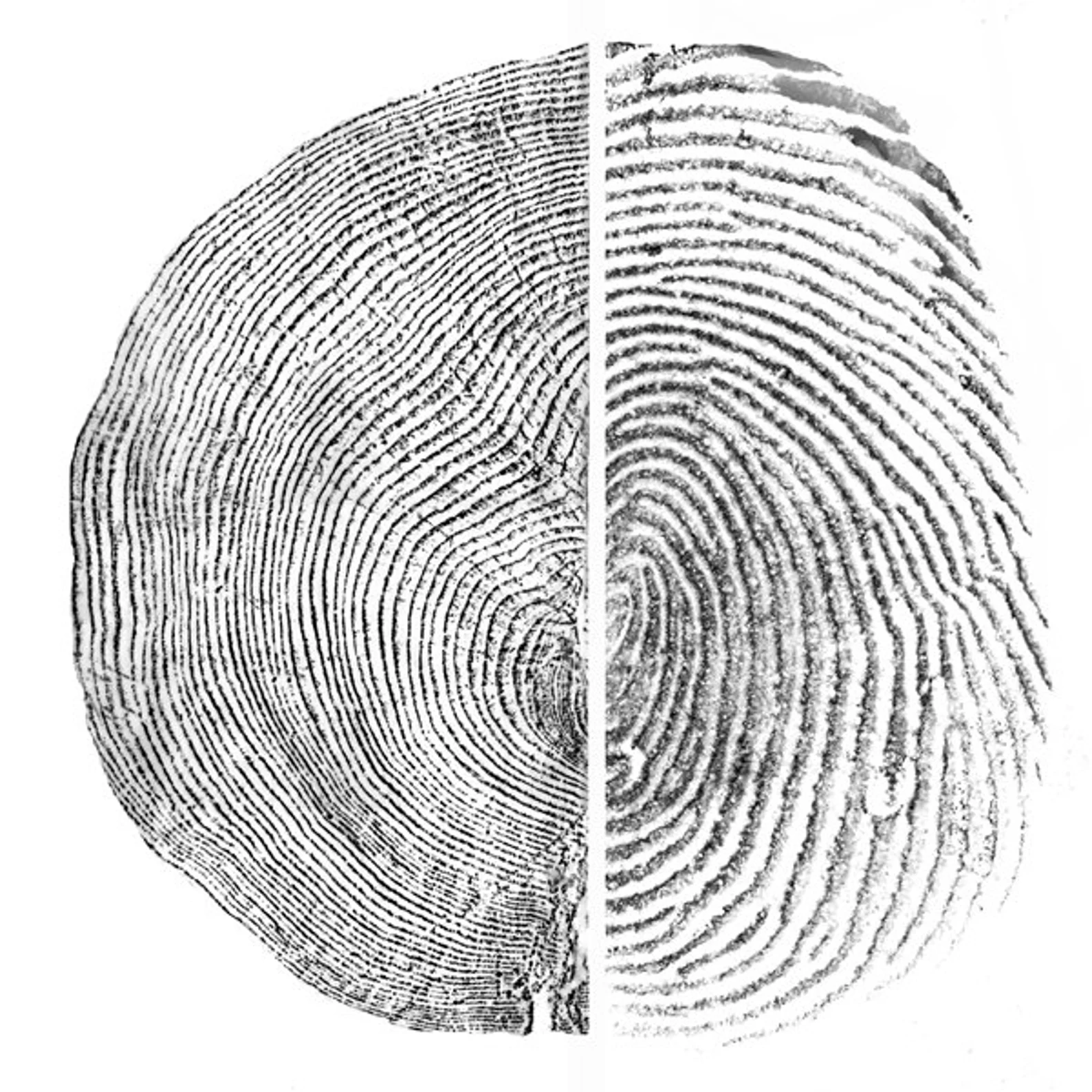In her editorial about my ‘Plant Philosophy and Interpretation: Making Sense of Contemporary Plant Intelligence Debates’ article in Environmental Values, Elke Pirgmaier writes
‘Plant Philosophy and Interpretation: Making Sense of Contemporary Plant Intelligence Debates’ by Yogi H. Hendlin addresses the question how to raise the status of plants as worthy of care and protection. There is agree- ment amongst plant biologists that plants are intelligent. They have an ability to sense and respond to signals in their environment, via airborne chemical aromatics and root systems, and they have certain basic capacities of memory. They are thus not deterministic machines, but sensitive beings capable of intentional cooperation and coordination. Yet, disagreement arises as to how to interpret such findings and what they imply for ethics.
The relatively recent field of ‘plant neurobiology’ draws analogies between human/animal intelligence with those of plants, by adopting a language that suggests that plants have ‘brains’ and ‘neurons’ and ‘consciousness’. Hendlin argues that adopting an approach of portraying plants as ‘similar to us’, is misguided because it taps into value hierarchies which subordinate plants to animals that we aim to transcend in the project of decolonising scientific methodologies. He calls us to stop such ‘ontological violence’ against plants, and rather to honour them on their own terms. He advocates pluralism – epistemically, ontologically and ethically – and an ethics of different, not lesser. ‘Comparing plants to humans or animals undervalues the true marvels of plant behaviour on their own merits, which fails to value the evolutionary abilities they perform that animals and humans cannot. […] Respect for other beings, it turns out, has less to do with them, and more to do with us’ (Hendlin 2022: 264).
World, Word, Work
https://doi-org.10.3197/096327122X16452897197810
